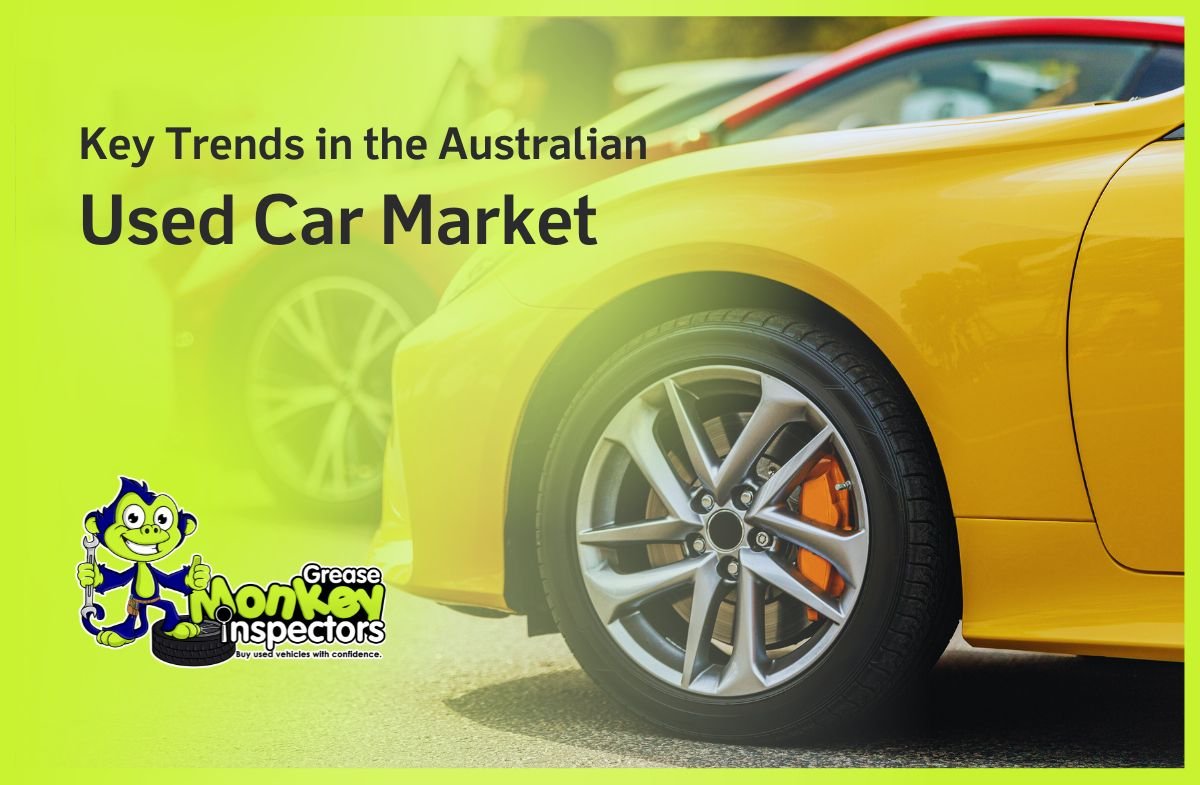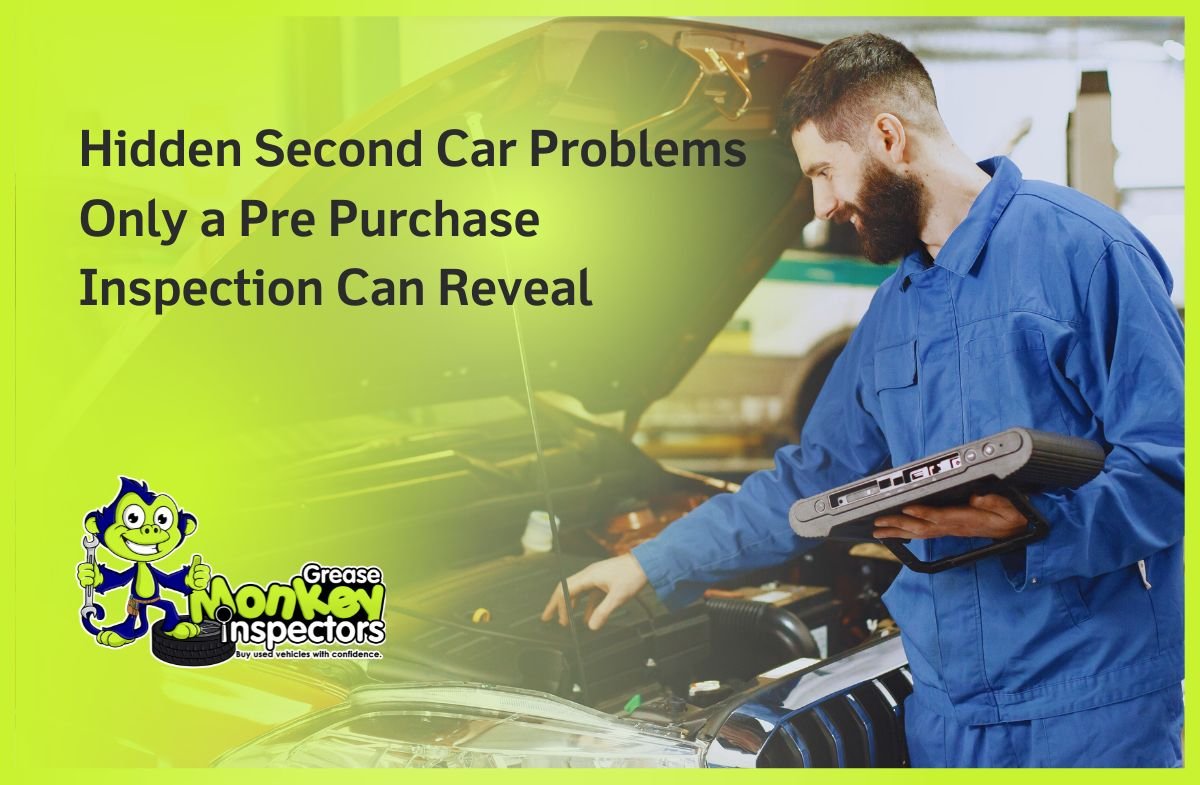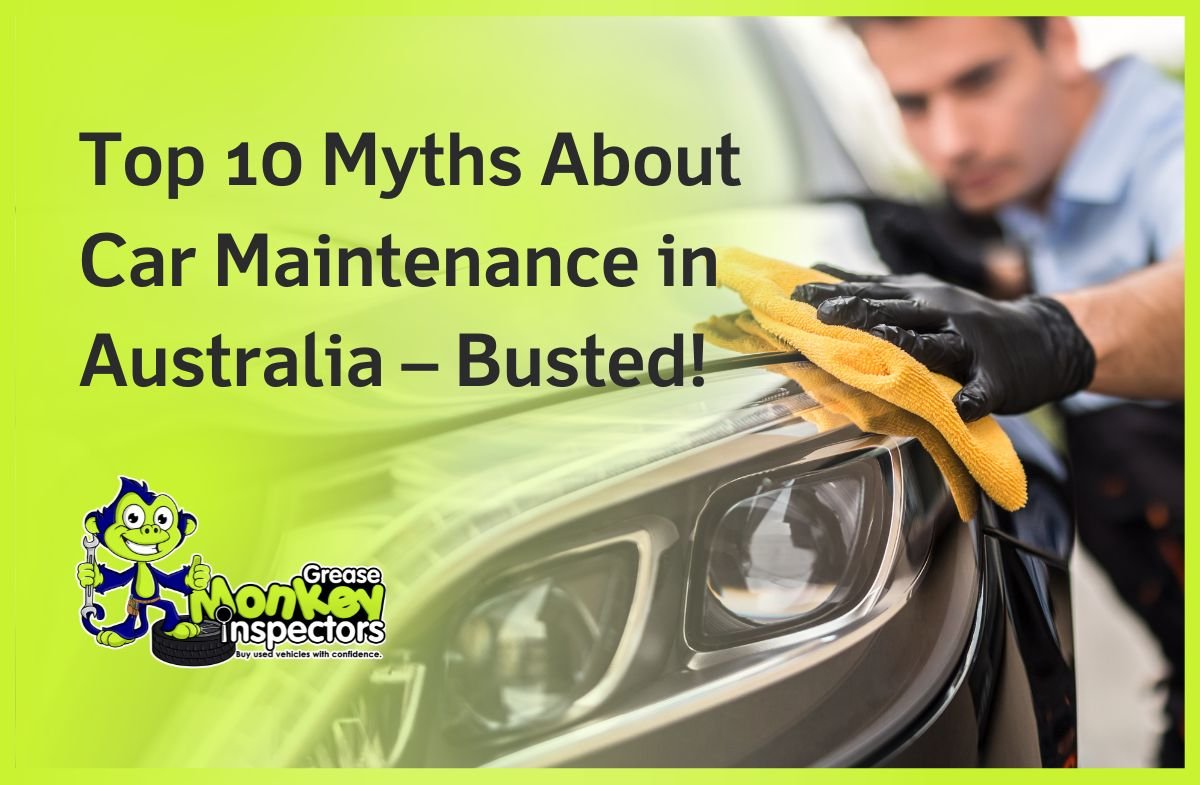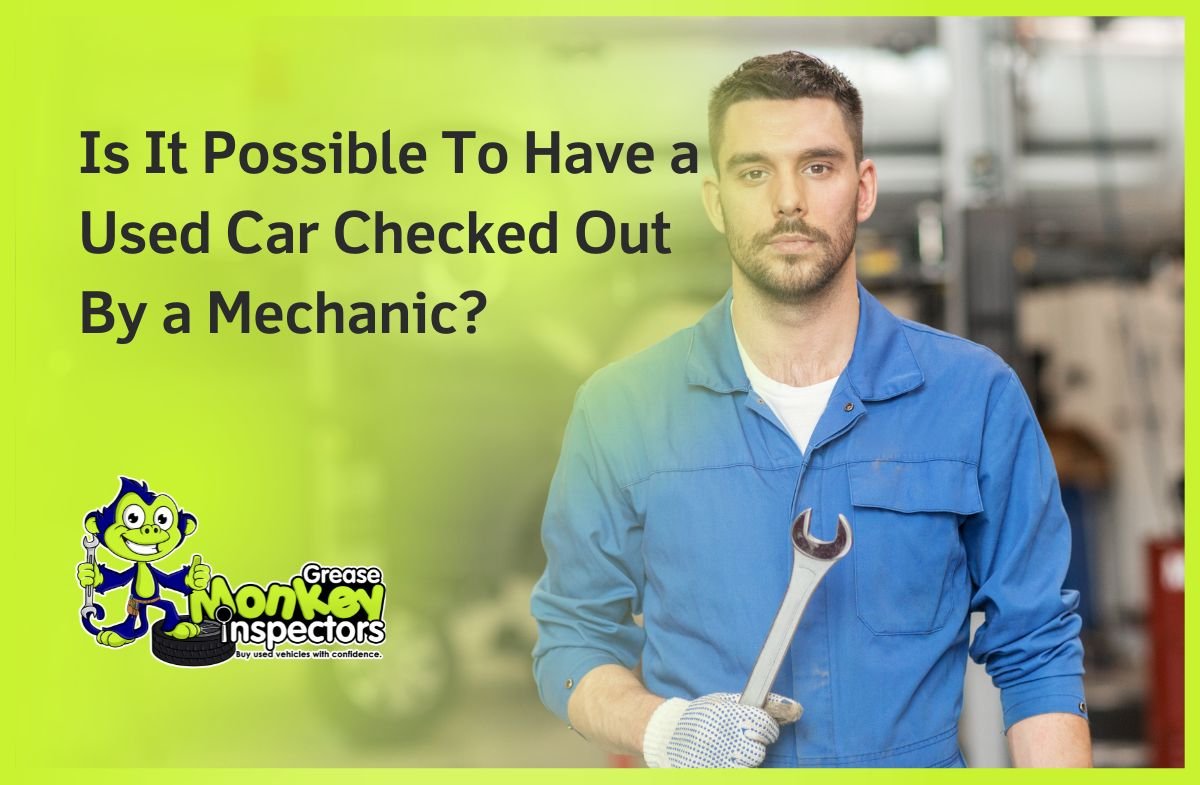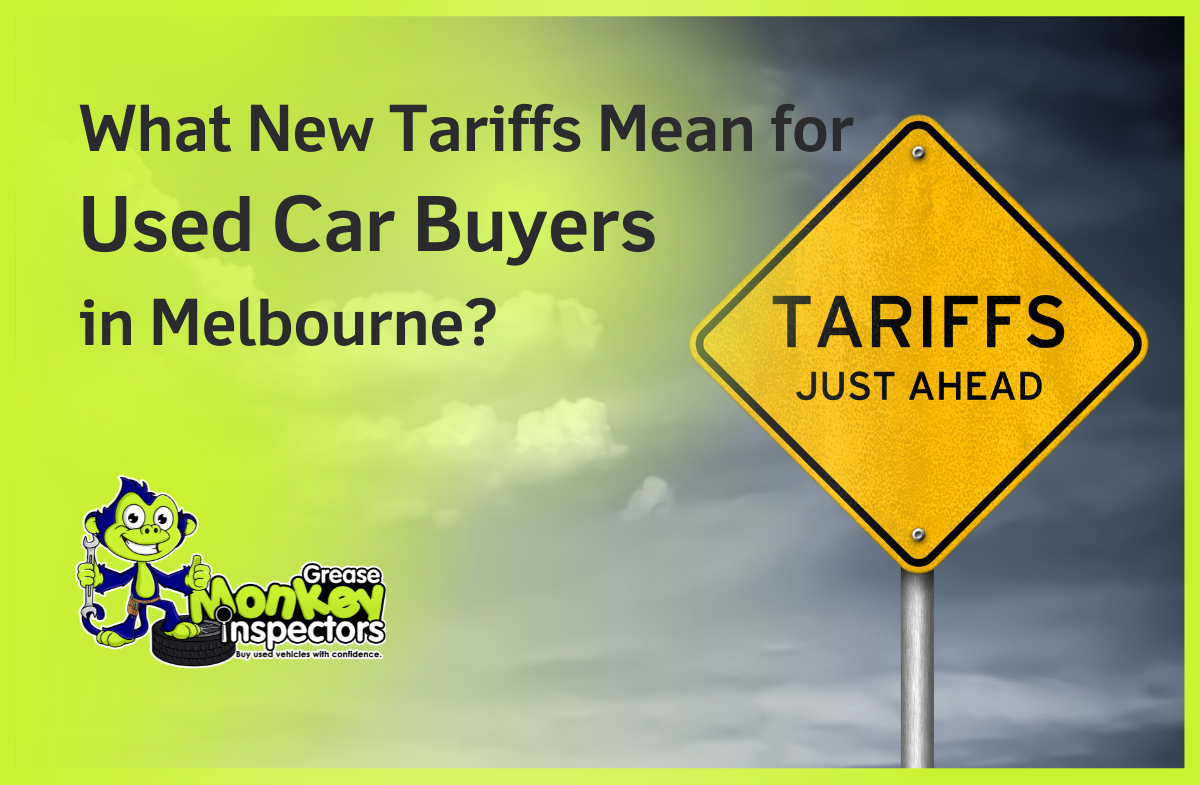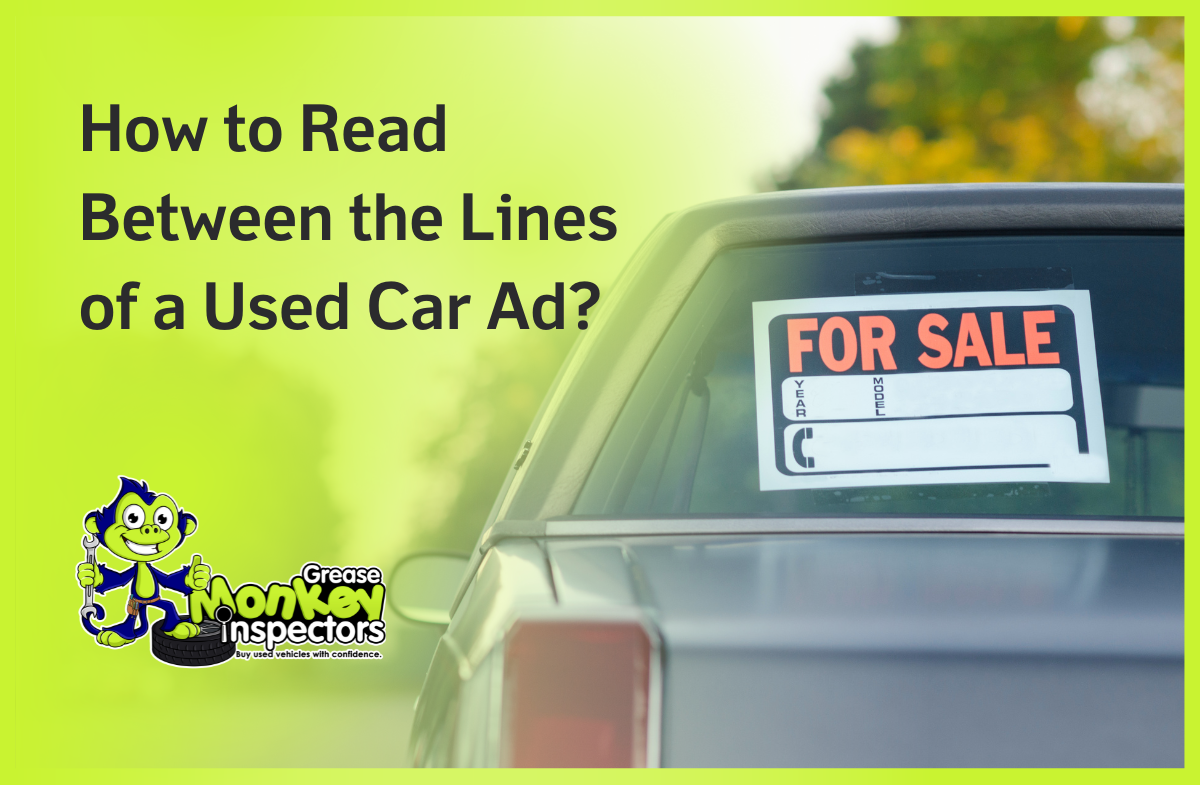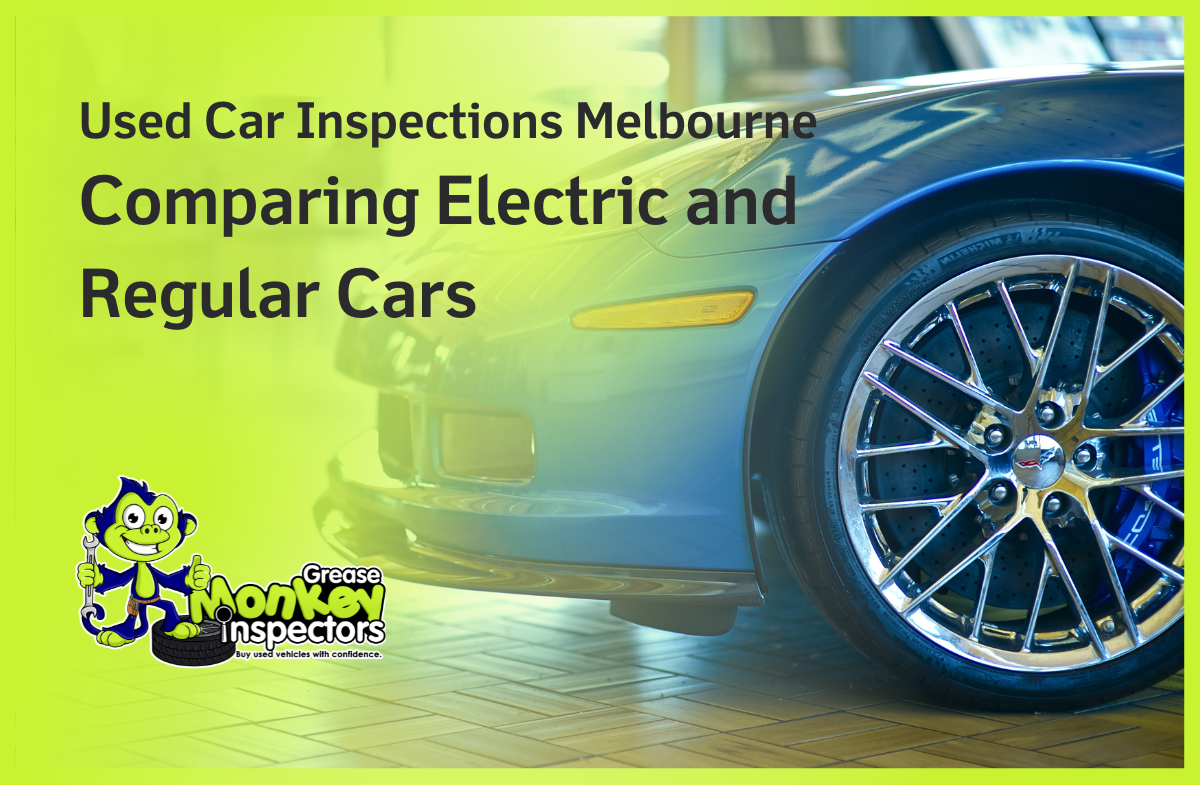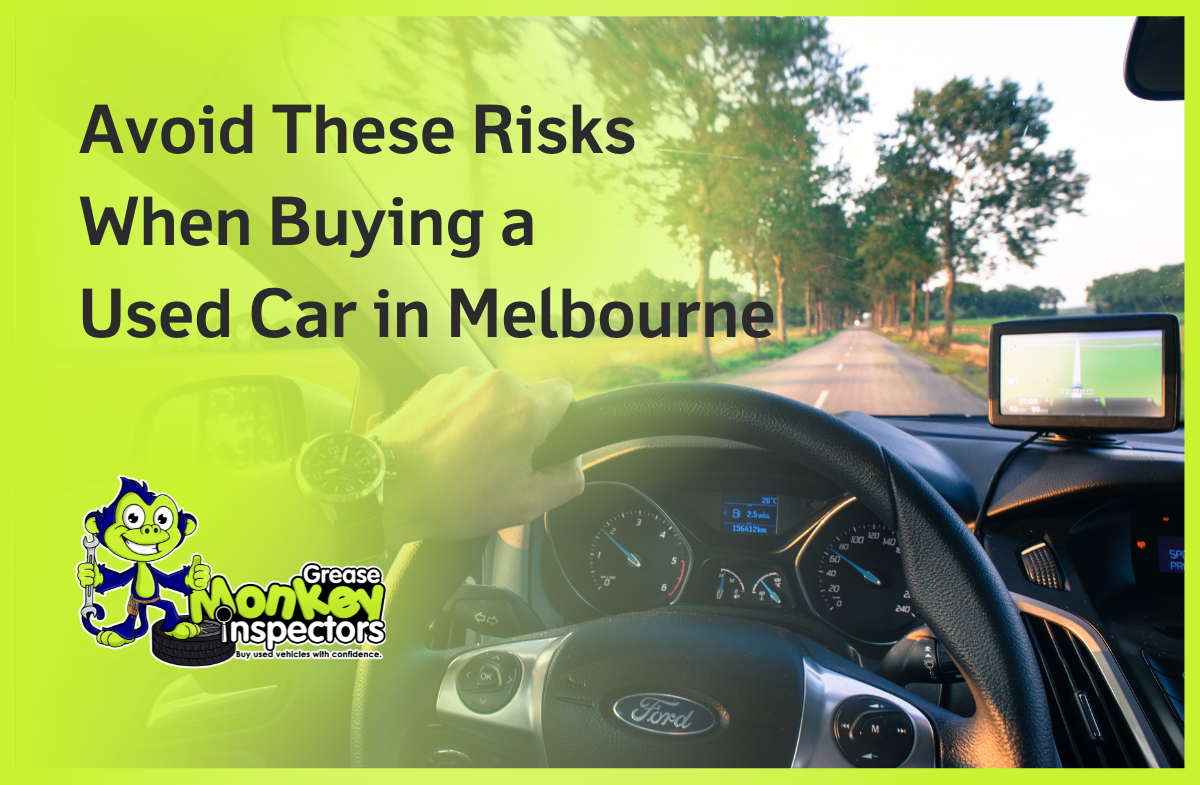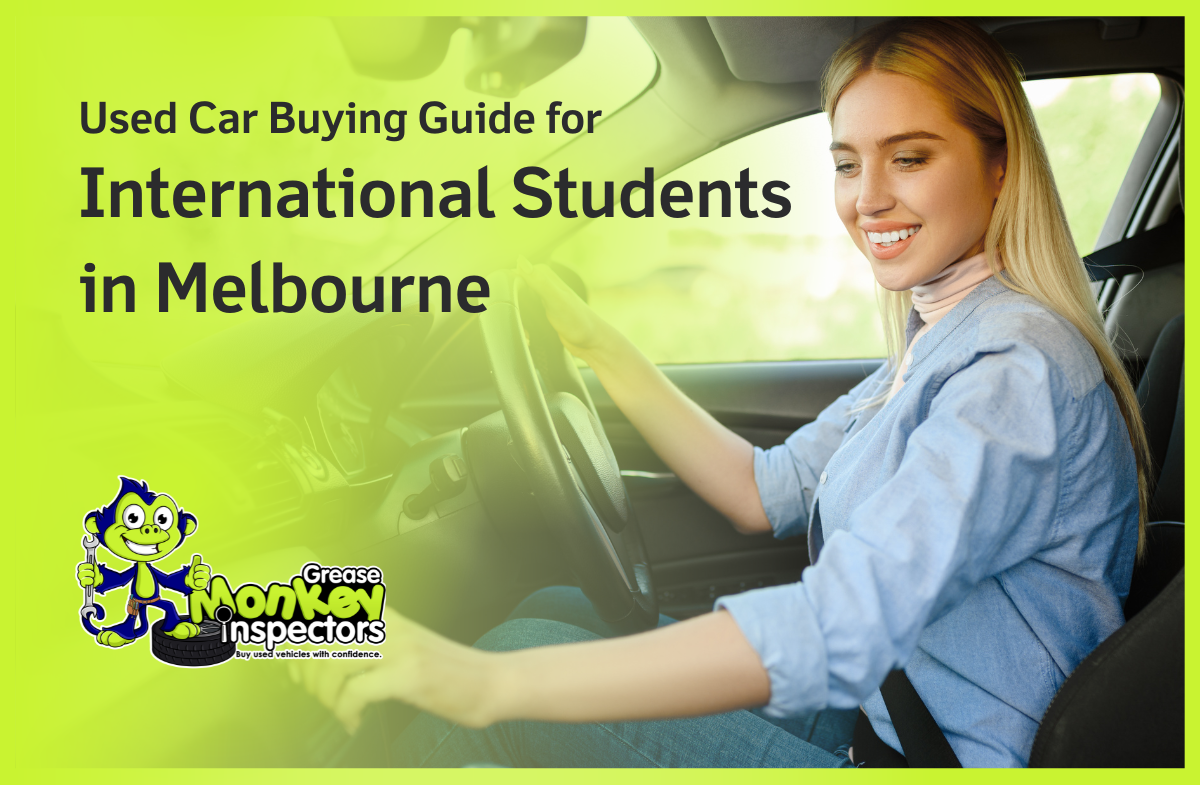The Australian used car market is going through some big changes as we head toward 2025. From shifts in car prices to the growing popularity of Chinese-made vehicles and the impact of fleet turnover, there’s a lot happening. Understanding these trends will make it easier for buyers to make smart decisions. Let’s take a closer look at what’s going on.
What’s Happening in the Used Car Market?
After a few years of crazy hikes in used car prices in Australia caused by limited supply, the used car market in Australia is finally calming down. Here are some of the key trends shaping the market right now:
- Prices are dropping as more ex-lease and fleet vehicles hit the market.
- Second-hand EVs and hybrids are becoming more common, giving buyers more eco-friendly options.
- Chinese-made brands like MG, BYD, and GWM are popping up as affordable choices in the used car market.
What’s Driving These Trends?
A few big factors are influencing the current state of the used car market. Here’s what’s making an impact:
- Better Supply: New car production is getting back to normal, so there’s a steady flow of fleet and lease vehicles entering the second-hand car market.
- Economic Changes: Things like interest rates and shifts in the Aussie dollar are affecting pricing and affordability.
- Popularity of EVs: Hybrids and electric cars are becoming a bigger part of the used car pool, though their resale values can vary.
Also read – Top Used Cars to Buy in 2025
Chinese Cars Are Changing the Game
Chinese automakers are really shaking things up in Australia. Brands like MG, BYD, and GWM are offering affordable new cars, and now they’re starting to show up in the used car market, too. These vehicles are opening up new opportunities for buyers who are on a budget but still want something reliable.
Smart Buying in a Changing Market
The Australian used car market 2025 is full of options from more affordable prices to environmentally friendly options like EVs and hybrids. You can find the perfect car for your needs if you follow the newest trends and take steps like getting a pre-purchase inspection.

